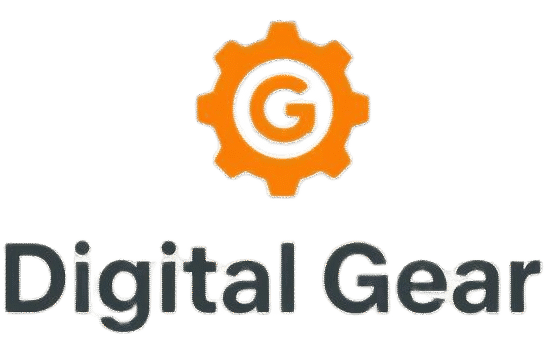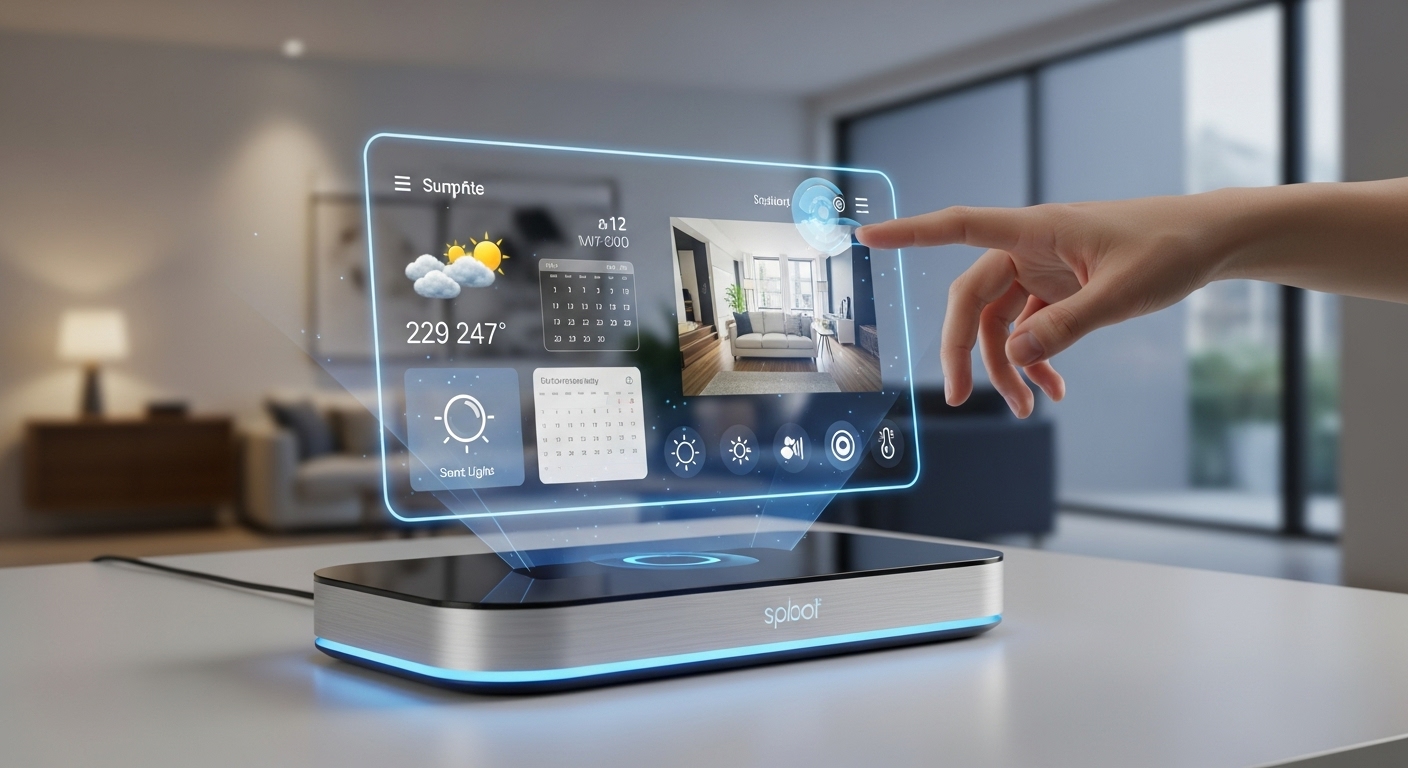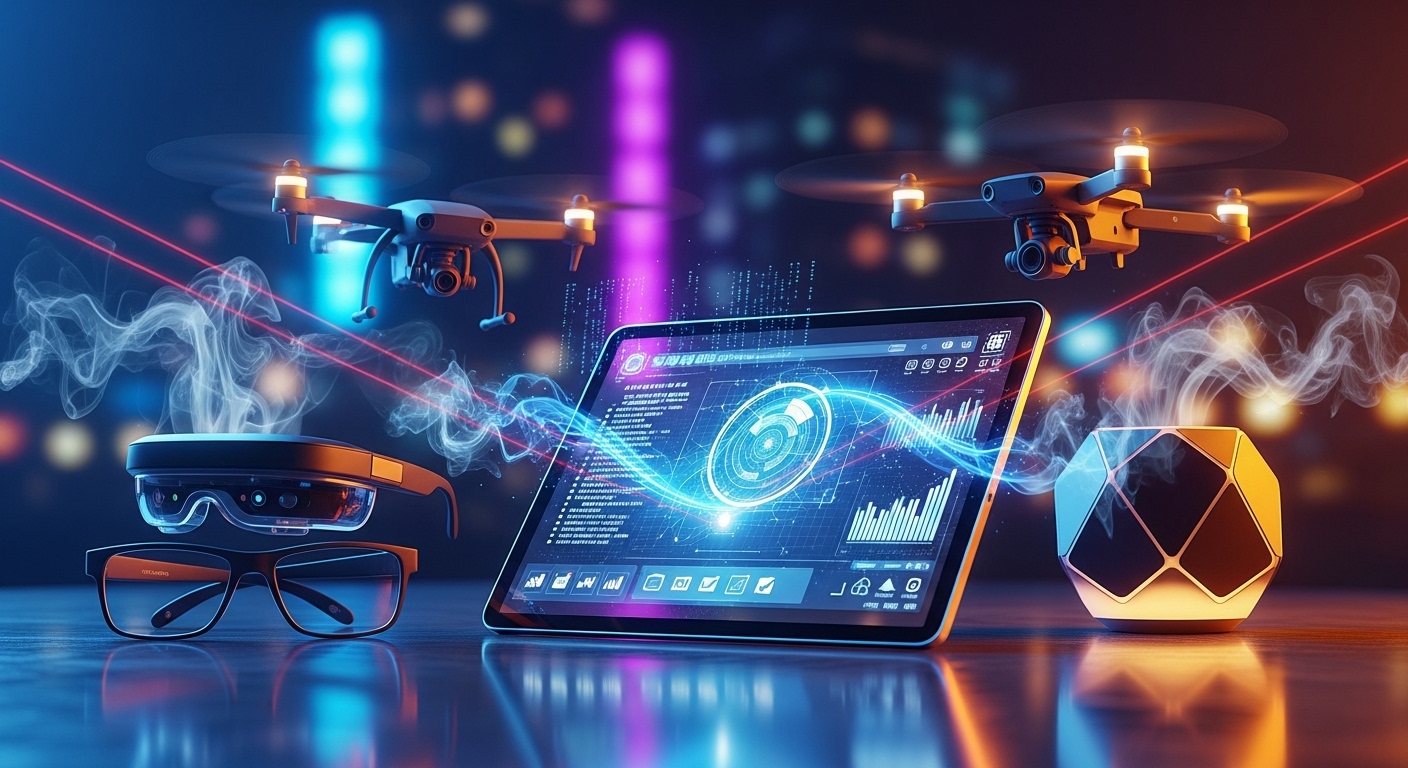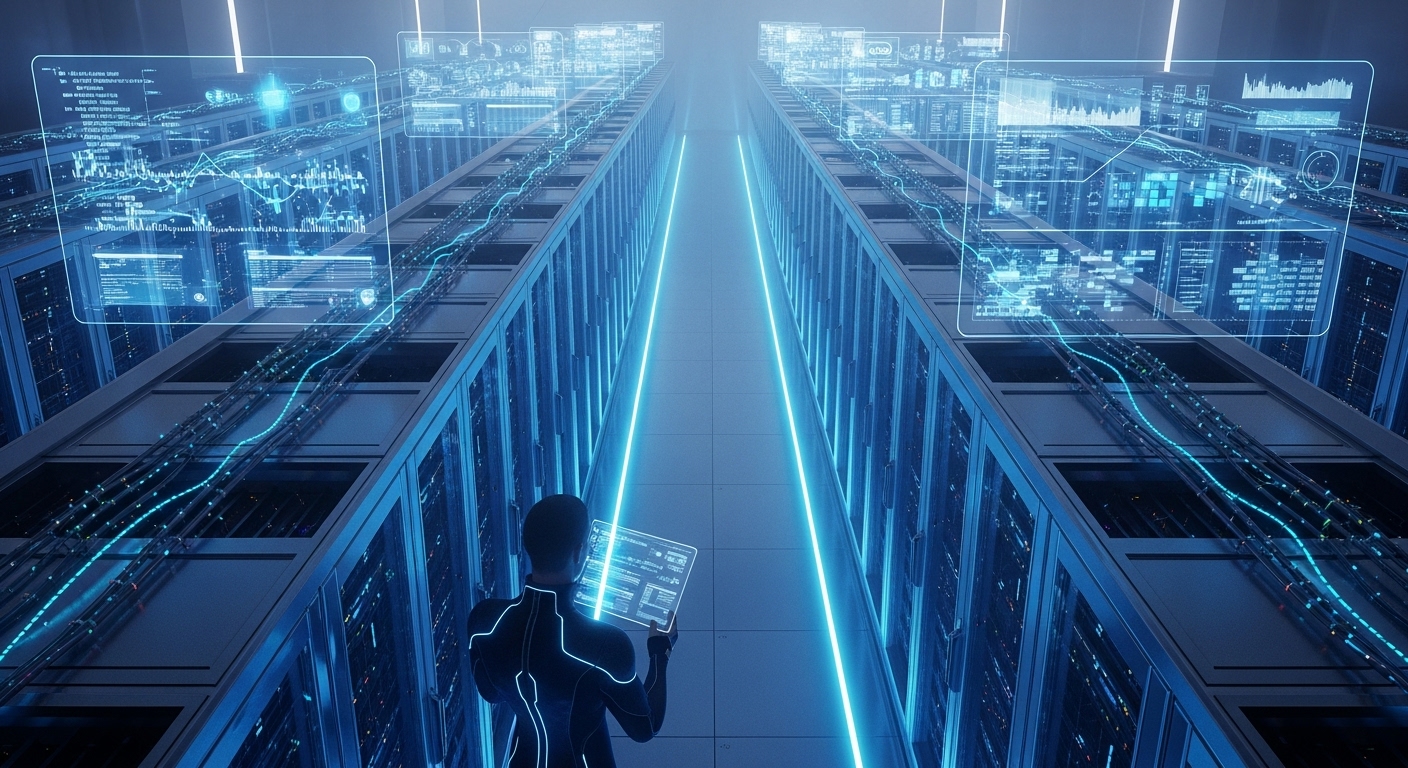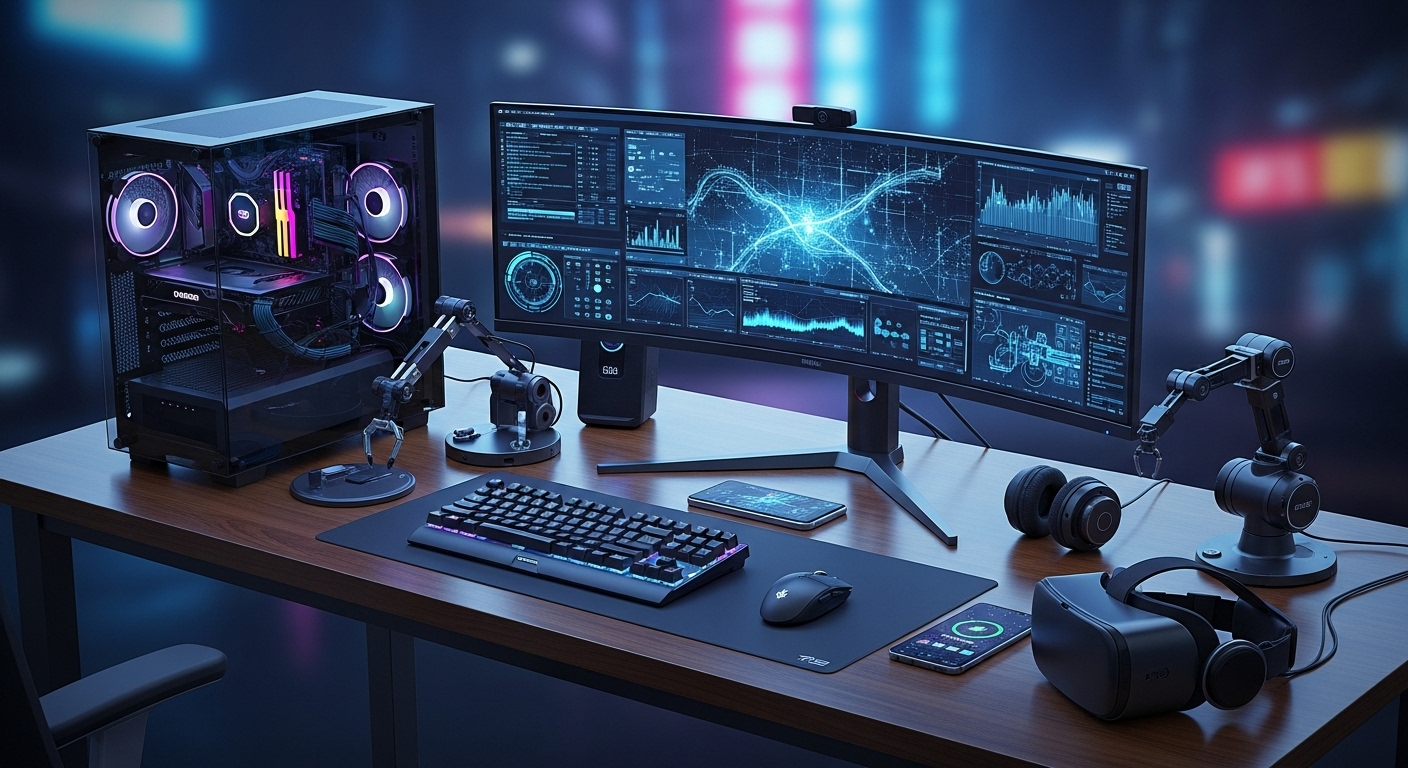Technology has become the driving force of modern civilization, reshaping the way people live, work, and interact with the world. From communication breakthroughs to revolutionary advancements in healthcare, transportation, and entertainment, technology touches every aspect of human life. The speed of innovation has increased dramatically, with emerging technologies such as artificial intelligence, blockchain, the Internet of Things, and quantum computing fundamentally altering societies. This blog explores the evolution of technology, its impact on various sectors, the ethical challenges it presents, and the transformative possibilities it holds for the future.
The Evolution of Technology
The history of technology is a narrative of human ingenuity and the pursuit of progress. Early innovations like the wheel, agriculture tools, and basic machinery enabled humans to manipulate their environment and enhance survival. The Industrial Revolution marked a pivotal point, introducing mechanized production, steam engines, and mass transportation. These developments drastically altered economies and lifestyles, paving the way for modern technological advancement.
The 20th century witnessed exponential growth in electronics, computing, and communication systems. The invention of the personal computer and the development of the internet connected people across the globe, democratizing access to information and resources. The digital revolution accelerated this evolution, giving rise to mobile technology, cloud computing, and AI. The integration of these technologies into daily life has created an era of unprecedented connectivity, efficiency, and innovation.
Communication in the Digital Age
Communication is one of the most profound areas transformed by technology. Digital tools have reduced geographical barriers, enabling instant communication across continents. Email, instant messaging, video conferencing, and social media platforms have reshaped how people interact personally and professionally.
Social media has created global communities where users share experiences, opinions, and content in real time. Businesses leverage these platforms to engage with customers, market products, and build brand loyalty. Education has benefited from digital communication through online classrooms, virtual lectures, and interactive learning tools. While the digital age has enhanced connectivity, it also presents challenges such as misinformation, online harassment, and privacy concerns that must be addressed responsibly.
Artificial Intelligence: Revolutionizing Industries
Artificial intelligence (AI) has emerged as a transformative force, enabling machines to mimic human cognition. AI systems analyze vast amounts of data, identify patterns, and make decisions, often faster and more accurately than humans. Its applications span healthcare, finance, logistics, education, entertainment, and more.
In healthcare, AI assists in diagnosing diseases, predicting patient outcomes, and personalizing treatment plans. In finance, AI detects fraud, manages investments, and optimizes trading strategies. Virtual assistants, chatbots, and recommendation engines enhance daily life by providing personalized support, improving convenience, and streamlining tasks.
AI has also revolutionized creative fields. From music composition and graphic design to gaming and virtual content creation, AI tools amplify human creativity and enable innovative storytelling. Despite its potential, AI presents ethical challenges, including bias, privacy concerns, and the potential displacement of jobs, which require careful regulation and responsible implementation.
The Internet of Things and Smart Ecosystems
The Internet of Things (IoT) connects devices and systems to collect and exchange data, creating intelligent environments that optimize daily life and business operations. Smart homes, wearable devices, industrial sensors, and connected infrastructure illustrate the impact of IoT technology.
In residential settings, IoT-enabled devices regulate lighting, heating, security, and appliances, enhancing comfort and efficiency. Wearables track fitness, monitor health metrics, and provide actionable insights for improving lifestyle. In industry, IoT sensors monitor machinery, track logistics, and predict maintenance needs, improving productivity and reducing operational costs.
IoT creates data-driven ecosystems where decisions are informed by real-time information, improving safety, efficiency, and sustainability. As connectivity expands, ensuring robust security protocols and protecting personal data become essential priorities for users and organizations alike.
Cloud Computing and Data Innovation
Cloud computing has transformed data storage, processing, and accessibility. By providing scalable resources over the internet, cloud platforms eliminate the need for extensive physical infrastructure while enabling flexible collaboration and innovation.
Businesses utilize cloud computing for operational efficiency, data analytics, AI integration, and global collaboration. Cloud solutions allow seamless access to information and applications, facilitating remote work and supporting digital transformation initiatives. Individuals benefit from cloud-based storage, allowing them to access personal data and applications from anywhere in the world.
The combination of cloud computing and big data analytics enables organizations to extract valuable insights, anticipate trends, and make informed decisions. Cloud technology is foundational to the digital economy, powering services across sectors from healthcare and finance to education and entertainment.
Blockchain and Decentralized Systems
Blockchain technology provides a secure, transparent, and decentralized method of recording and verifying data. Initially developed for cryptocurrencies, blockchain has applications in finance, supply chain management, healthcare, and governance.
Blockchain ensures data integrity by using distributed ledgers that reduce the need for intermediaries. Smart contracts automate processes, enforce agreements, and reduce fraud. In supply chains, blockchain tracks products from origin to delivery, ensuring authenticity and accountability.
Beyond business, blockchain has potential in digital identity management, voting systems, and intellectual property protection. While scalability and energy consumption remain challenges, continued innovation is expanding blockchain’s utility and reliability.
Virtual Reality, Augmented Reality, and Immersive Technology
Virtual reality (VR) and augmented reality (AR) have transformed how people experience entertainment, education, and professional training. VR creates fully immersive digital environments, while AR overlays digital information onto the physical world.
Educational institutions utilize VR and AR for interactive learning experiences, simulations, and virtual laboratories, making complex concepts accessible. Healthcare professionals train using VR-based simulations to improve skills without risk to patients. The entertainment and gaming industries leverage immersive technologies to create engaging, interactive content that captivates audiences.
The continued evolution of immersive technology is expanding human interaction with digital environments, fostering innovation in creativity, training, and engagement.
Healthcare Technology: Enhancing Lives
Technological advancements in healthcare have improved patient outcomes, accessibility, and operational efficiency. Telemedicine enables remote consultations, reducing travel barriers and wait times. Wearables and health apps track vital signs and provide real-time insights into individual health conditions.
AI-powered diagnostic tools improve accuracy in identifying diseases, while robotic-assisted surgeries enhance precision and recovery outcomes. Data analytics support personalized medicine, tailoring treatments to genetic profiles, lifestyle factors, and patient histories.
Healthcare technology also streamlines administrative processes, reducing errors and optimizing resource management. Integration of AI, IoT, and digital tools is transforming patient care, creating more efficient and patient-centered healthcare systems.
Transportation and Mobility Innovation
Technology has revolutionized transportation, improving efficiency, sustainability, and safety. Electric vehicles (EVs), autonomous driving, and smart infrastructure are transforming urban mobility and logistics.
EVs reduce dependence on fossil fuels, lowering greenhouse gas emissions and promoting environmental sustainability. Autonomous vehicles leverage AI and sensors to navigate safely, reducing accidents caused by human error. Smart transportation systems integrate real-time data to optimize traffic flow, public transit, and logistics operations.
Emerging innovations such as hyperloop systems, drone deliveries, and aerial mobility solutions promise to further transform transportation, enabling faster, safer, and more efficient movement of people and goods.
The Future of Work: Automation and Digital Collaboration
Technology has reshaped the workplace, redefining tasks, collaboration, and industry operations. Automation and AI-driven solutions enhance productivity by handling repetitive tasks, allowing employees to focus on strategic, creative, and decision-making activities.
Digital platforms facilitate remote work, global collaboration, and seamless communication. Virtual reality and augmented reality provide immersive training experiences, improving skill development and workforce preparedness.
As the workplace evolves, continuous learning and adaptability become essential. Preparing employees for technology-driven change ensures equitable participation in the digital economy and promotes sustainable professional growth.
Cybersecurity in a Connected World
The proliferation of technology increases exposure to cyber threats, including hacking, data breaches, ransomware, and identity theft. Cybersecurity measures are critical to protect individuals, businesses, and governments.
Encryption, multi-factor authentication, AI-based threat detection, and robust policies enhance protection against digital risks. Organizations invest heavily in cybersecurity infrastructure and training, while individuals must practice responsible digital behavior to maintain safety online.
Effective cybersecurity is essential to building trust and enabling the safe adoption of emerging technologies, ensuring the benefits of innovation are not undermined by digital vulnerabilities.
Sustainable Technology and Environmental Impact
Technology plays a vital role in addressing environmental challenges and promoting sustainability. Renewable energy, energy-efficient systems, and smart infrastructure reduce environmental impact and optimize resource utilization.
Solar panels, wind turbines, and energy storage technologies provide clean, reliable energy. Smart cities employ IoT and AI to monitor air quality, energy consumption, and waste management. Data-driven approaches inform climate policy, urban planning, and environmental conservation efforts.
Sustainable technology ensures that progress aligns with environmental stewardship, allowing innovation to advance without compromising the planet’s health.
Ethical Considerations in Emerging Technology
While technology offers immense benefits, ethical considerations are critical to responsible adoption. Issues such as AI bias, privacy concerns, digital addiction, and job displacement require careful attention.
Developing ethical frameworks that prioritize transparency, inclusivity, and accountability is essential. Policymakers, technologists, and society must collaborate to ensure technology serves humanity, promotes equity, and respects fundamental rights.
The human element remains central, as technological advancements should enhance human potential rather than replace or diminish it.
Looking Ahead: The Next Era of Technology
The future of technology promises even greater possibilities. Quantum computing, advanced AI, biotechnology, space exploration, and immersive digital experiences will redefine human capabilities and societal structures.
Quantum computing can solve problems previously considered impossible, impacting cryptography, medicine, and scientific research. Biotechnology innovations enable personalized medicine, enhanced agriculture, and environmental preservation. Advanced robotics and AI will transform industries, while space technologies expand exploration and global connectivity.
The convergence of these emerging technologies will create new solutions, transform industries, and reshape societies. Ethical and sustainable innovation will ensure these advancements benefit humanity broadly.
Conclusion
Technology is the foundation of modern society, influencing communication, healthcare, education, transportation, entertainment, and the global economy. Emerging innovations like AI, IoT, blockchain, VR, and cloud computing continue to reshape daily life, create new opportunities, and challenge conventional boundaries.
While technological advancements offer tremendous potential, they also require ethical oversight, cybersecurity measures, and sustainable practices. Responsible innovation ensures technology empowers humanity, fosters inclusivity, and protects the environment.
The journey of technology is ongoing. By embracing innovation thoughtfully and strategically, society can harness its transformative power to build a smarter, safer, and more sustainable future. Technology is not merely a tool—it is a catalyst for progress, creativity, and connection in the modern world.
